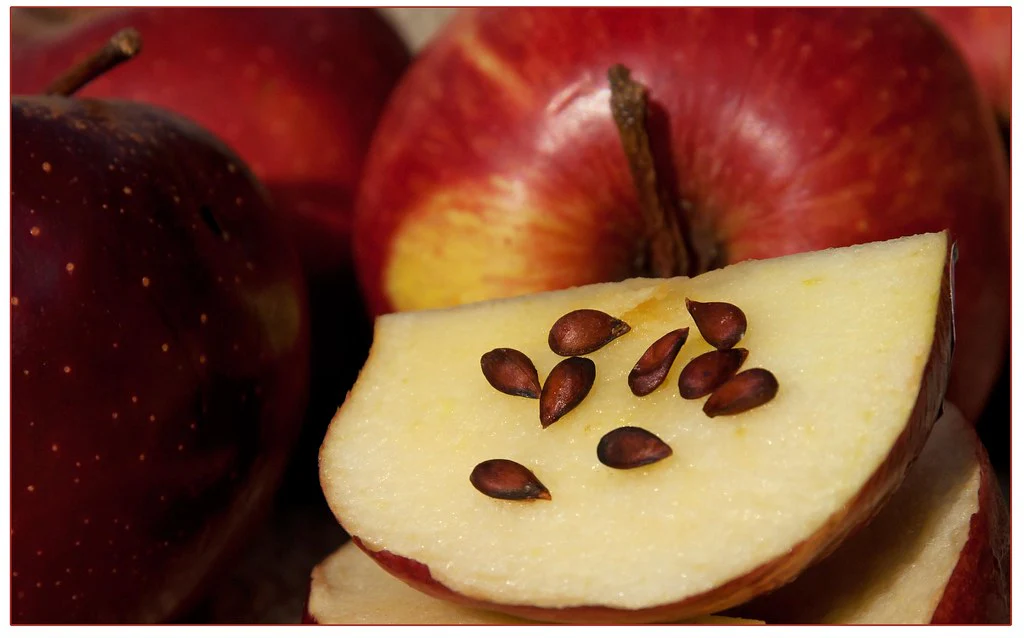
Are Apple Seeds Really Poisonous? Myths, Facts, and Health Benefits of Eating Apples
“An apple a day keeps the doctor away” is a phrase many people know, highlighting the apple’s reputation for health. However, there’s also a common belief that apple seeds are poisonous and should be avoided. This article explores the facts and myths, focusing on the cyanide risk in apple seeds, the apple health benefits, and the safe way to enjoy apples.
Apples are a powerhouse of nutrition. They are rich in dietary fiber, vitamin C, potassium, and various antioxidants. Eating apples can help improve digestion, support heart health, and strengthen the immune system. According to the Harvard School of Public Health – Nutrition and Apples, regular apple consumption is linked to lower risks of chronic diseases due to these nutrients.
The question, are apple seeds poisonous?, often arises because apple seeds contain a compound called amygdalin. When chewed or crushed, amygdalin can release hydrogen cyanide (HCN), a toxic substance. However, the hard seed coat typically keeps amygdalin locked inside unless the seeds are thoroughly chewed.
Accidentally swallowing a few whole seeds is usually harmless, as the body cannot break them down easily. The amount of amygdalin in apple seeds is low, and the risk is minimal unless seeds are consumed in large quantities or intentionally chewed.
For more detailed scientific information, see the US National Library of Medicine – Amygdalin and Cyanide and World Health Organization – Cyanide Safety Information.
Research published in Scientific Reports – Apple Seed Study confirms that the levels of cyanide released from apple seeds are typically too low to cause harm under normal circumstances. The seed coat acts as a natural barrier, and only when seeds are crushed or chewed can significant amounts of cyanide be released. Most health experts agree that accidentally swallowing a seed or two poses no real threat.
Toxicity depends on how many apple seeds are consumed and whether they are chewed. For adults, cyanide poisoning can theoretically occur after eating about 150 crushed seeds. For children, the risk may arise after consuming around 80–100 seeds. Symptoms of cyanide poisoning include dizziness, headache, vomiting, and, in severe cases, difficulty breathing.
While the cyanide risk in apple seeds is real, it is extremely low for ordinary consumption. The health benefits of apples far outweigh the minimal risk from their seeds. By following the safe way to eat apples—removing seeds before eating—you can confidently enjoy this nutritious fruit as part of a healthy diet.